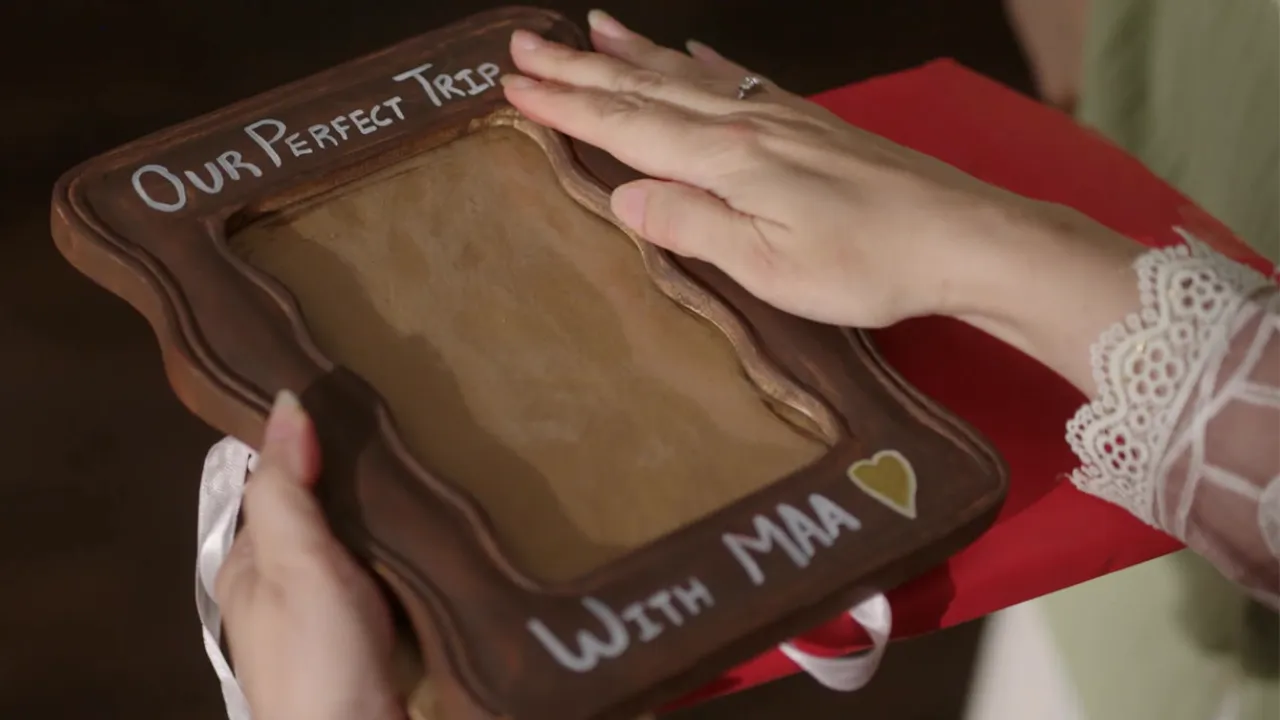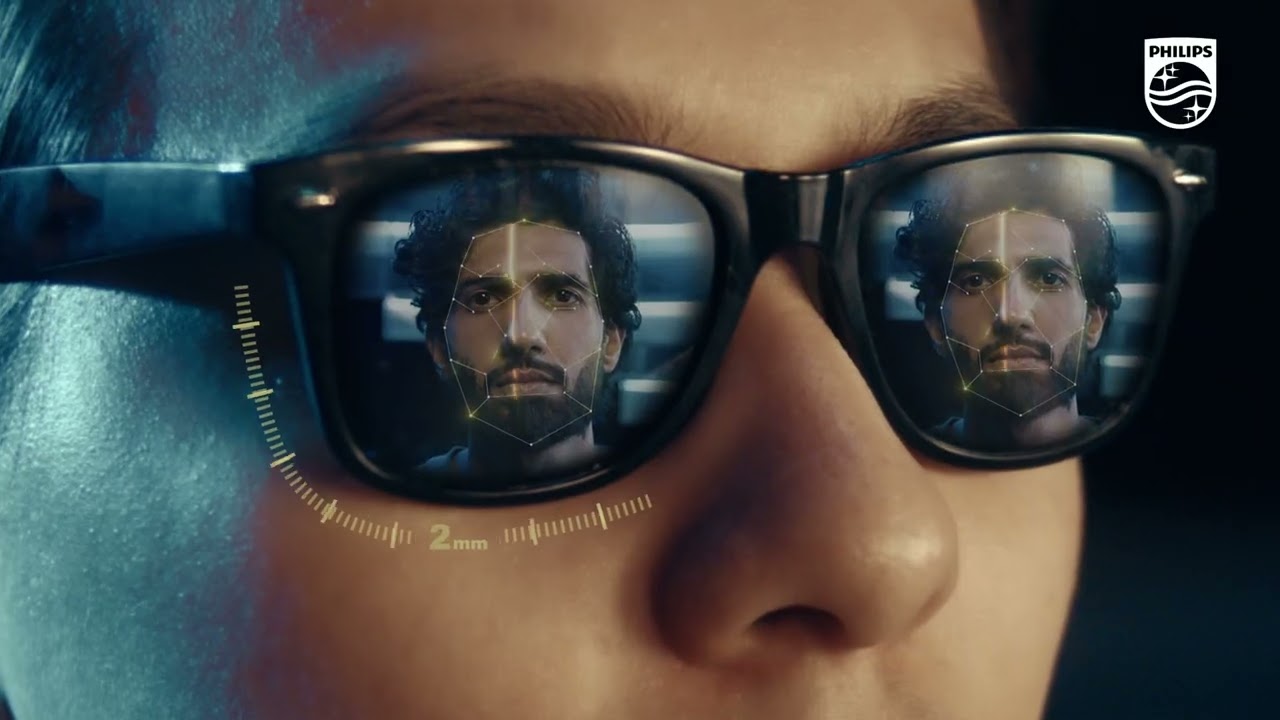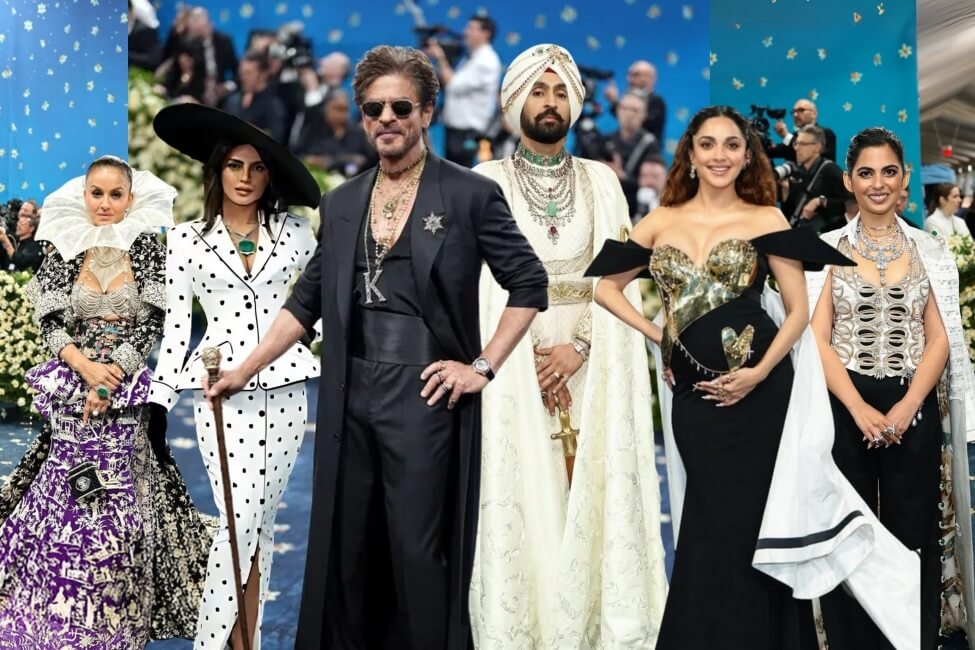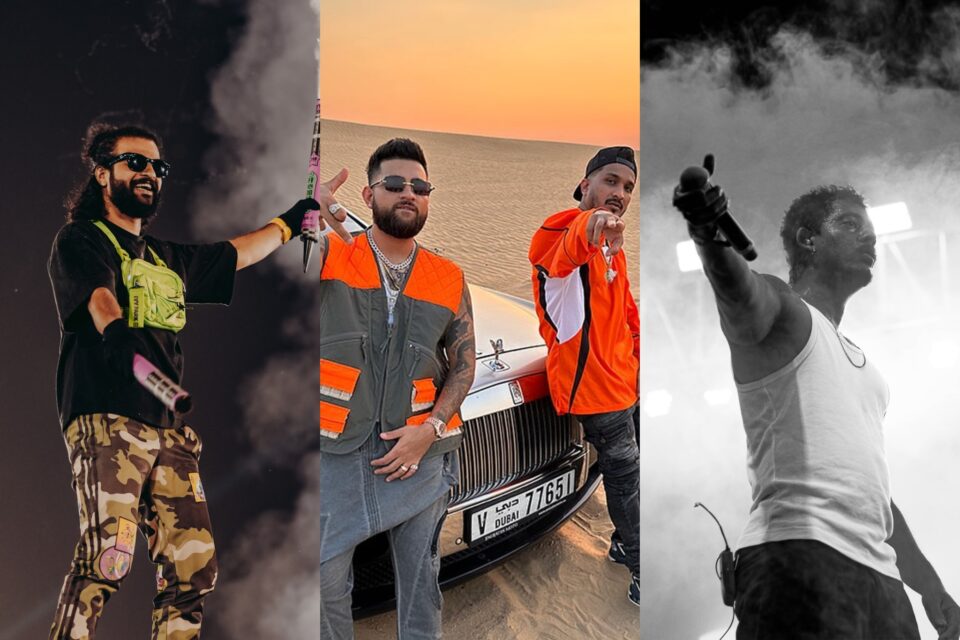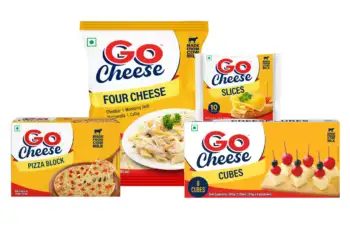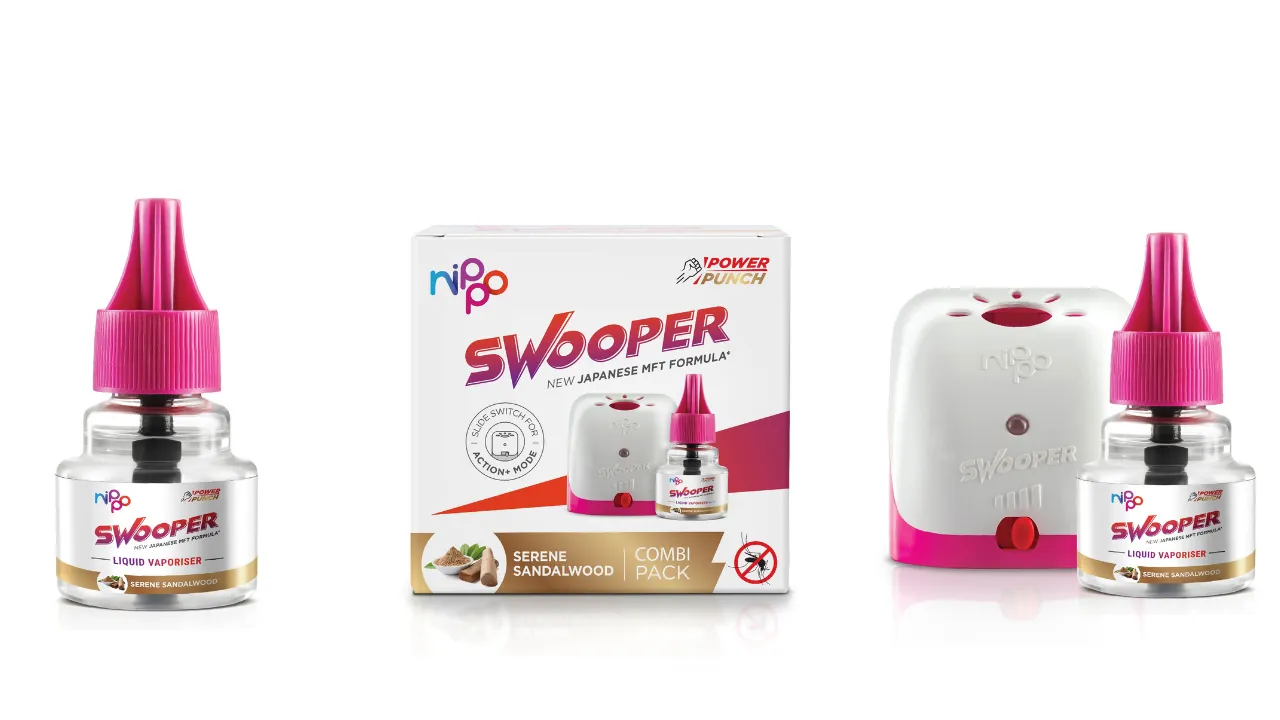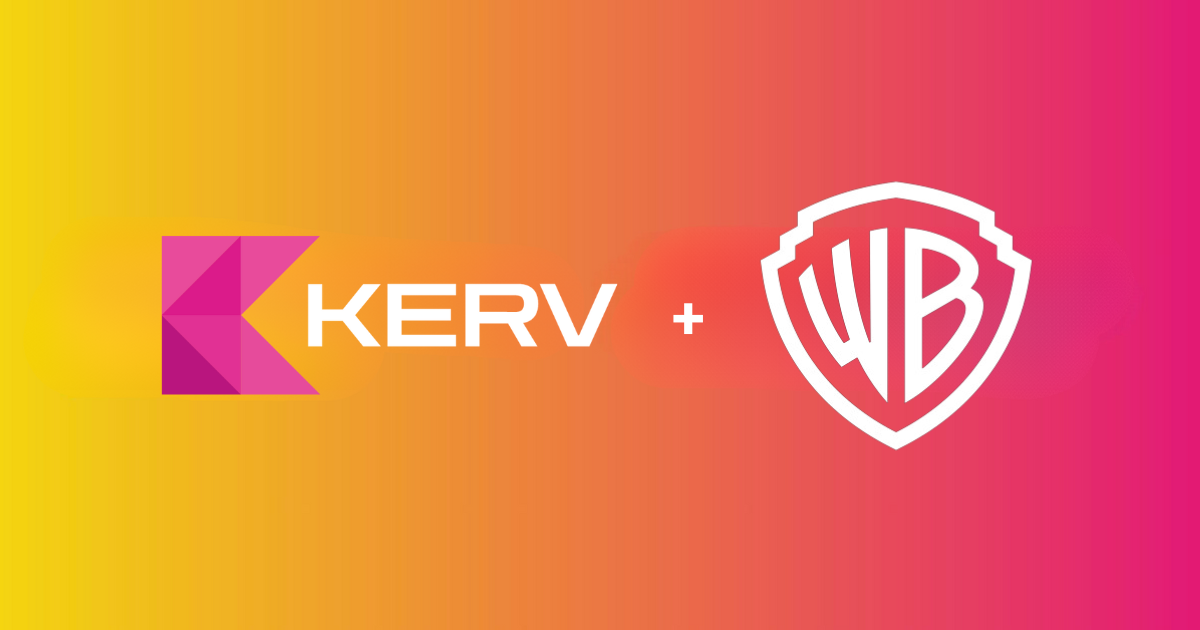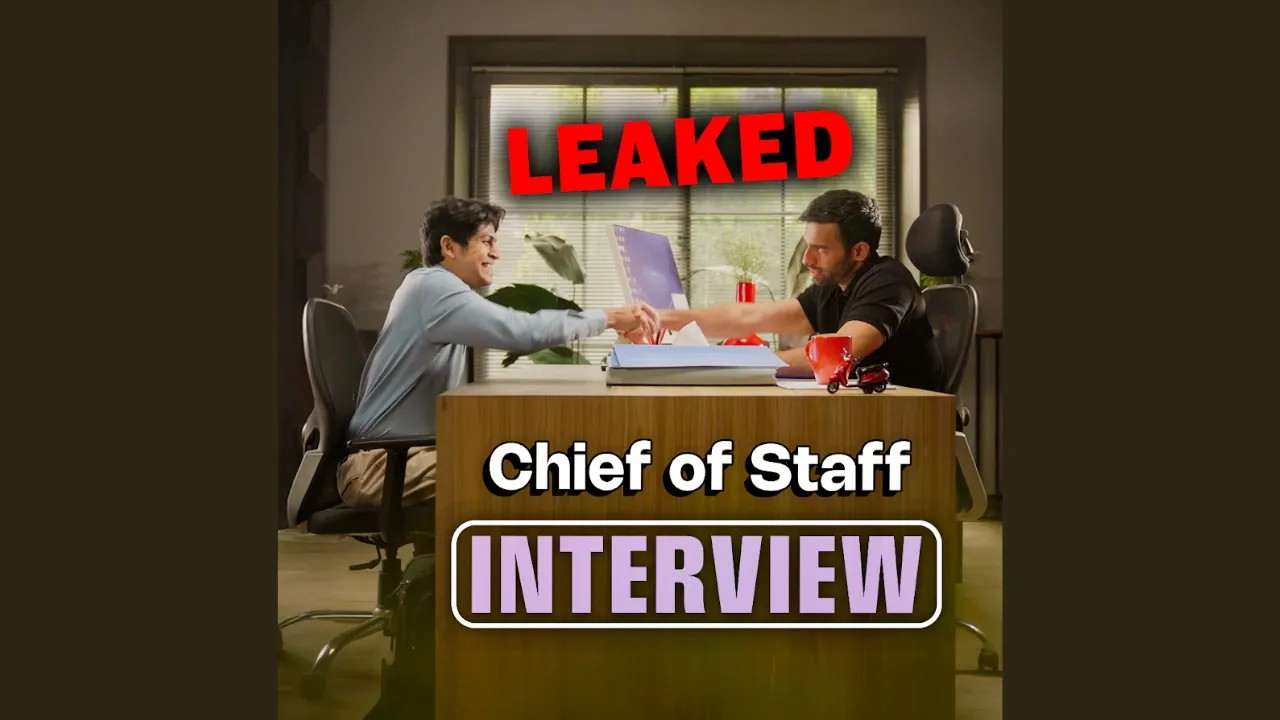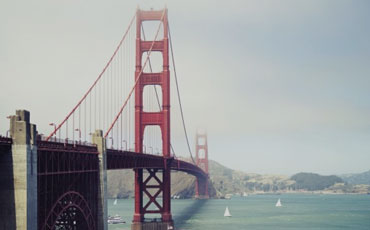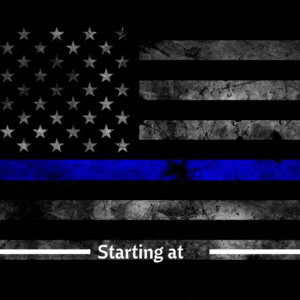Here’s a well-structured, four-paragraph version of your text:
—
Coca-Cola has teamed up with McDonald’s to promote Coca-Cola Zero Sugar in India through a special campaign. This initiative highlights the McVeggie burger, aiming to introduce consumers to the taste of Coca-Cola without sugar. By pairing the beverage with a well-loved food item, the campaign seeks to showcase how Coca-Cola Zero Sugar can complement meals just like the original Coke. The strategy aligns with Coca-Cola’s ongoing efforts to appeal to a broader audience, including health-conscious consumers who prefer a sugar-free option.
As part of this promotional offer, customers can enjoy a meal consisting of a McVeggie burger, fries, and a Coca-Cola Zero Sugar for just Rs. 49. This pricing strategy makes the combination both affordable and appealing to a wide range of consumers. Coca-Cola has historically positioned itself alongside popular food items, reinforcing the idea that its beverages enhance the dining experience. This collaboration with McDonald’s continues the tradition by associating Coca-Cola Zero Sugar with an iconic fast-food choice.
Coca-Cola has previously introduced similar campaigns to familiarize Indian consumers with its zero-sugar variant. In 2024, the brand launched Coca-Cola Foodmarks in India, an initiative that celebrated popular food destinations and experiences. This campaign emphasized three essential ingredients: the perfect moment, the perfect meal, and an ice-cold Coca-Cola. A notable example from this campaign featured the renowned Paradise Biryani in Hyderabad, demonstrating how Coca-Cola complements traditional and beloved Indian dishes.
Another significant promotional effort was the “BestCokeEver” campaign, featuring Bollywood actress Kriti Sanon. This campaign encouraged consumers to try Coca-Cola Zero Sugar and share their experiences, emphasizing its refreshing taste and resemblance to classic Coca-Cola. By leveraging celebrity endorsements and relatable food pairings, Coca-Cola continues to strengthen its presence in the Indian market while appealing to evolving consumer preferences for healthier alternatives.
Another major promotional effort was the “BestCokeEver” campaign, which featured Bollywood actress Kriti Sanon as the face of Coca-Cola Zero Sugar. Through television and digital advertisements, the campaign invited consumers to try the beverage and share their opinions, reinforcing the claim that it delivers the same great Coca-Cola taste without the calories. The campaign targeted health-conscious consumers who enjoy soft drinks but are mindful of their sugar intake. By leveraging the influence of a popular celebrity and incorporating consumer engagement strategies, Coca-Cola aimed to create buzz and drive product trials. This marketing push, combined with partnerships like the McDonald’s collaboration, demonstrates Coca-Cola’s commitment to expanding the reach of its zero-sugar variant in the Indian market.
Coca-Cola’s continued investment in such strategic campaigns reflects its adaptability to changing consumer preferences. With increasing awareness about health and wellness, more people are looking for sugar-free options that still deliver on flavor. Coca-Cola Zero Sugar provides an alternative that meets this demand, allowing consumers to enjoy their favorite beverage without guilt. The association with McDonald’s further reinforces Coca-Cola’s role as an integral part of enjoyable dining experiences. By consistently innovating its marketing approach, whether through celebrity endorsements, food pairings, or affordability-driven promotions, Coca-Cola remains a dominant player in the Indian beverage market.
Video:
Author: Aditi Thakur
